ENERGIA
25 years of bringing gender into the energy conversation
Since 1996, ENERGIA, the International Network on Gender and Sustainable Energy, has committed to increasing women’s representation, agency and recognition in the energy sector. ENERGIA guides us through strategies, achievements and resources that have allowed the Network to influence institutions, utilities, and high-level negotiations to adopt, implement and track gender inclusive energy policies and practice. In this virtual overview, you will find best practices, lessons learned and initiatives that have contributed to place gender at the center of the energy dialogue.
-
Phase One: 1996-1999
What gender and energy access mean to ENERGIA and the world
In 1995, at the Fourth World Conference on Women in Beijing, 189 countries adopted the Beijing Declaration and the Platform for Action, pledging to undertake specific actions to achieve gender equality in 12 areas, including women and the environment and women in power and decision-making. ENERGIA was established one year later, in 1996, by a group of experts who had participated in the Beijing Conference, in response to a lack of attention to gender in the energy sector. ENERGIA aimed to increase the recognition of gender issues in energy planning, policies and programs, while also raising awareness of the interlinkages between energy, poverty and gender.
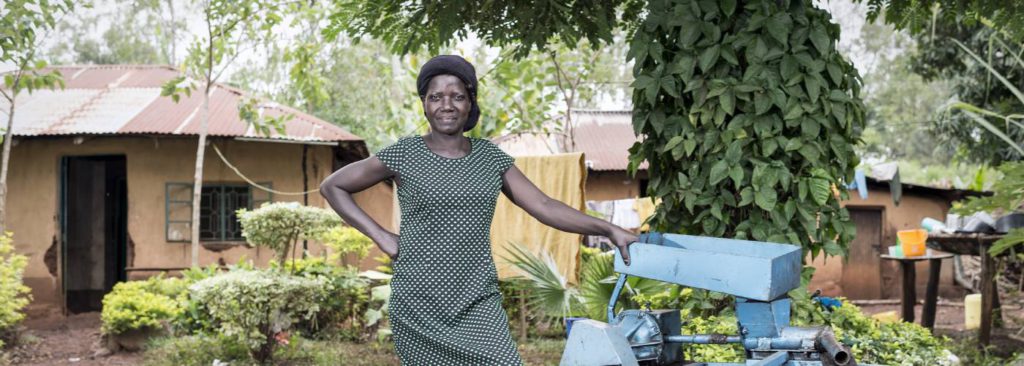
-
Phase Two: 1999-2002
Raising our voice: Increasing visibility of gender in energy
Building on the achievements and the urgent need to enhance the information available on gender and energy, ENERGIA initiated a second phase in July 1999. During Phase 2, ENERGIA built the capacity of the network, started collecting and analysing data on gender and energy, supported women and men willing to build their knowledge on gender and energy and became an advocacy and advisory service provider.
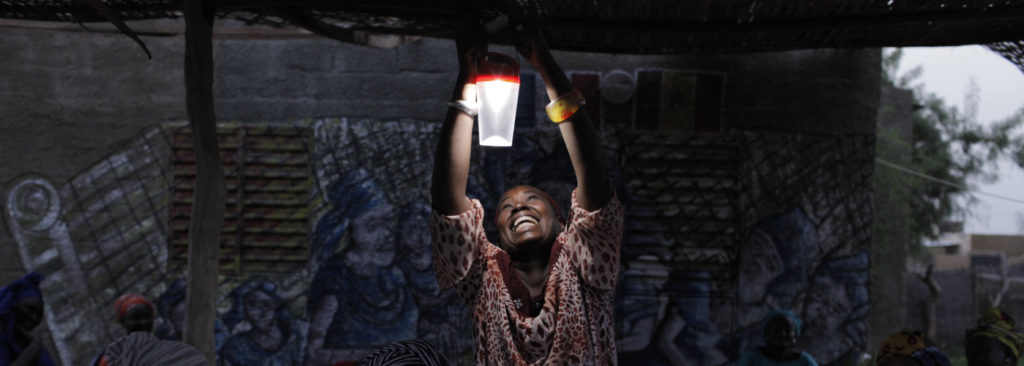
-
PHASE THREE: 2003-2006
Strengthening the advocacy skills from local to national level
Phase 3 was a transforming and evolving period. ENERGIA built upon the achievements of the previous Phase in terms of collaborating with different partners, participating in events and offering advocacy support. We focused on three strategic areas: capacity building, research and analysis, and advocacy and advice. These activities aimed at strengthening advocacy skills, building an evidence base for a more gender-responsive energy sector by generating and disseminating knowledge products, and ensuring that gender and energy issues were taken up at international conferences and meetings.
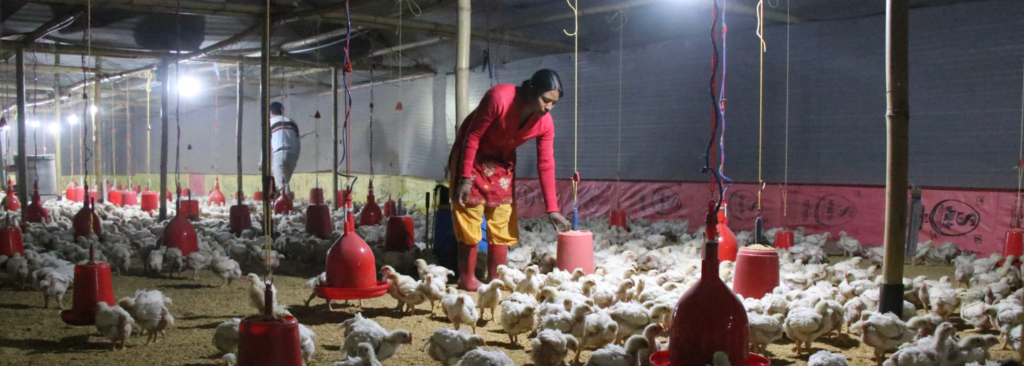
-
Phase Four: 2007-2012
Broadening our influence: The role of gender audits
ENERGIA devoted greater attention to national level activities, shifting from showing why gender mainstreaming was crucial to building capacities for mainstreaming gender into energy projects and policies, through gender audits.
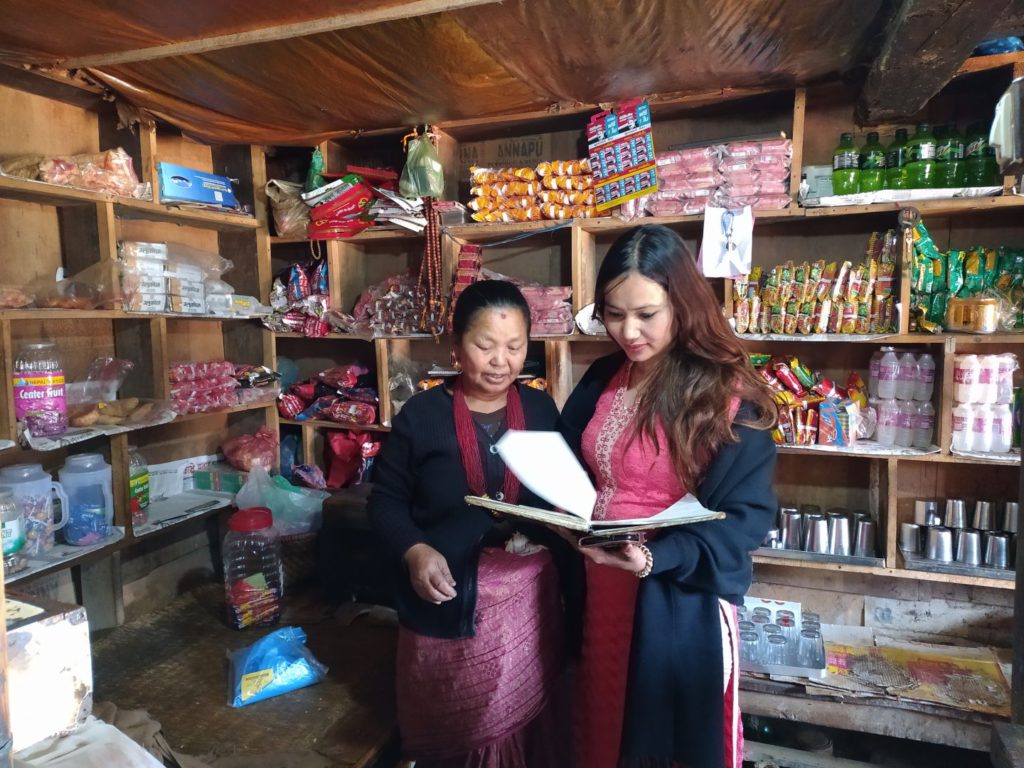
-
Phase Five: 2012-2017
Building evidence: Using research and implementation on the ground
During Phase 5, ENERGIA strengthened its advocacy activities through working with partners to build an evidence base, while also enhancing credibility with on-the-ground results and robust empirical research. ENERGIA contributed to the activities under the Sustainable Energy for All (SEforALL) initiative launched by the UN Secretary-General in 2011, as a member of the advisory board.
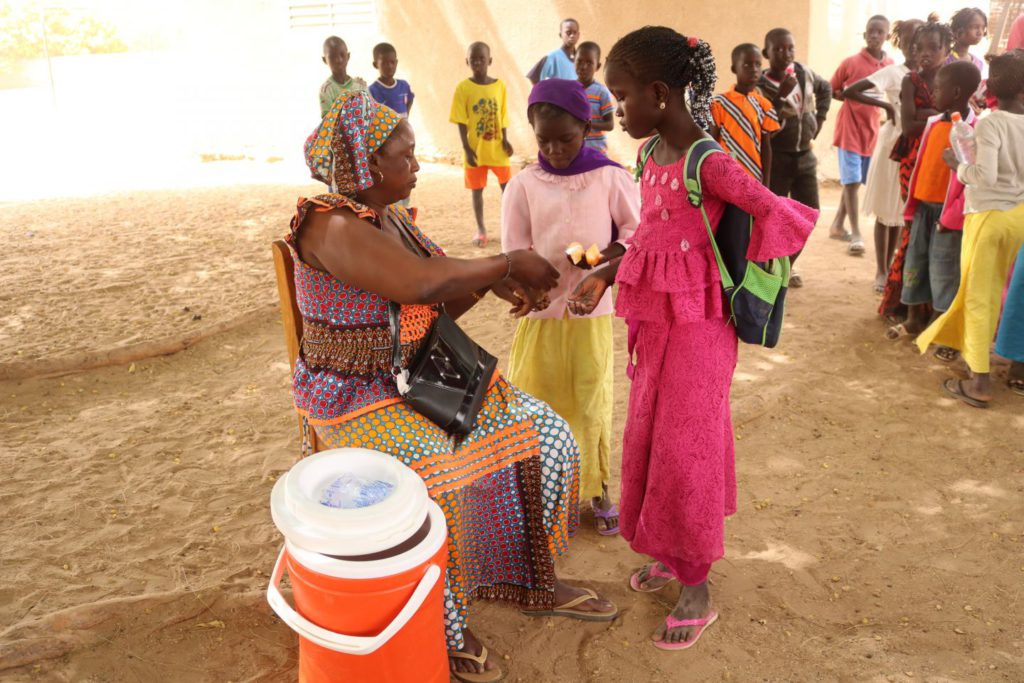
-
Phase Six: 2018 - 2021
Empowering Women, Engendering Energy
Phase 6 was marked by the consolidation of many activities started in the previous phase. ENERGIA structured its advocacy efforts to strengthen the network’s voice and thought leadership. We participated more actively in various key international events, such as the United Nations High-Level Political Forum on Sustainable Development (HLPF), Sustainable Energy for All Forum (SEforALL), United Nations High-Level Dialogues and the Conference of the Parties (COP), to inform and influence policy and practice.
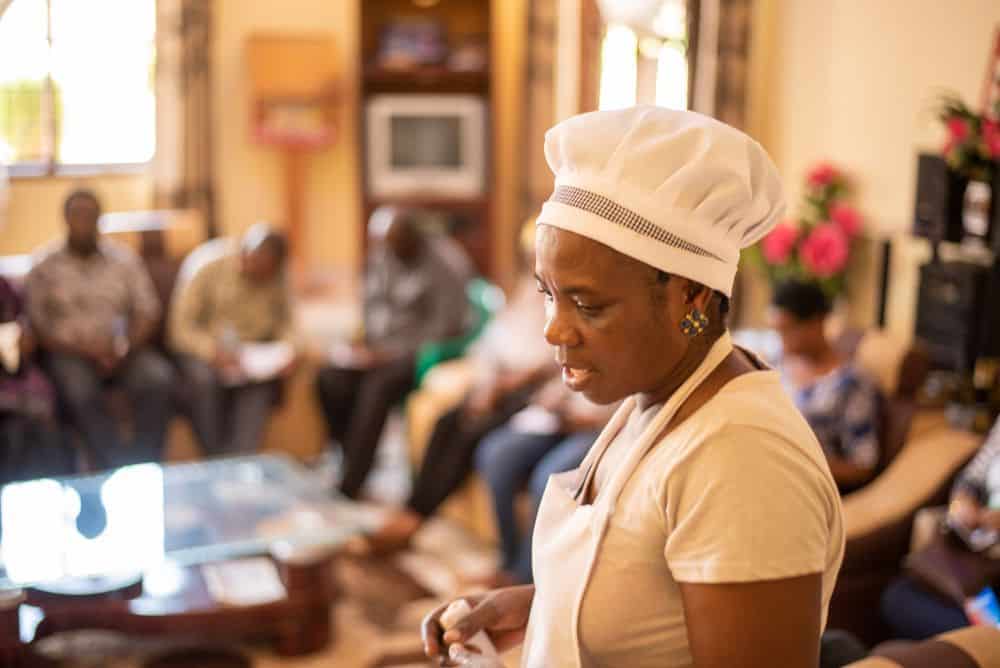
Follow us on: